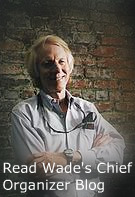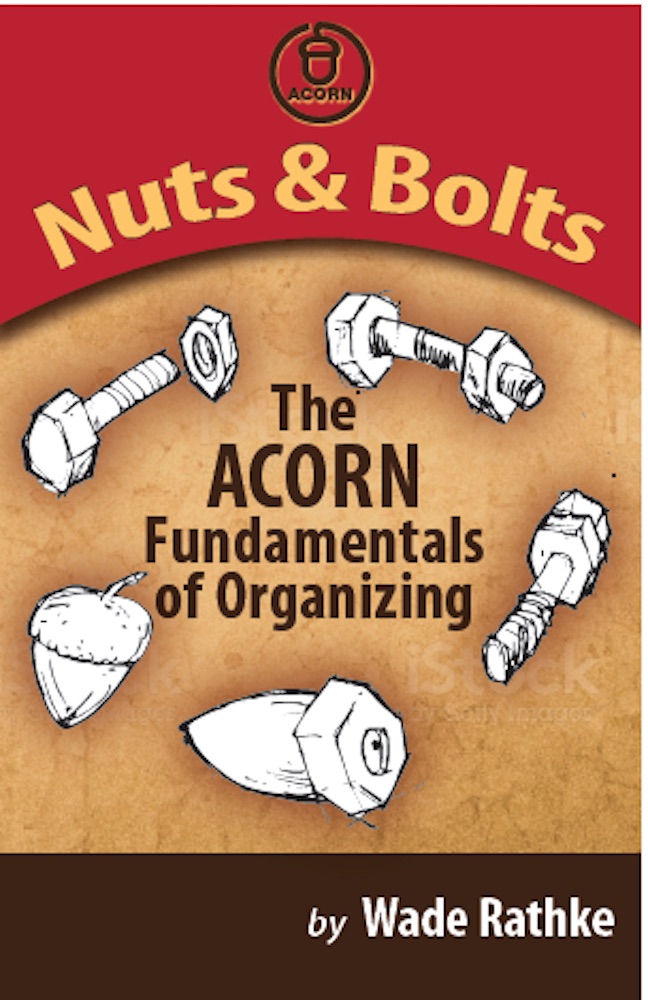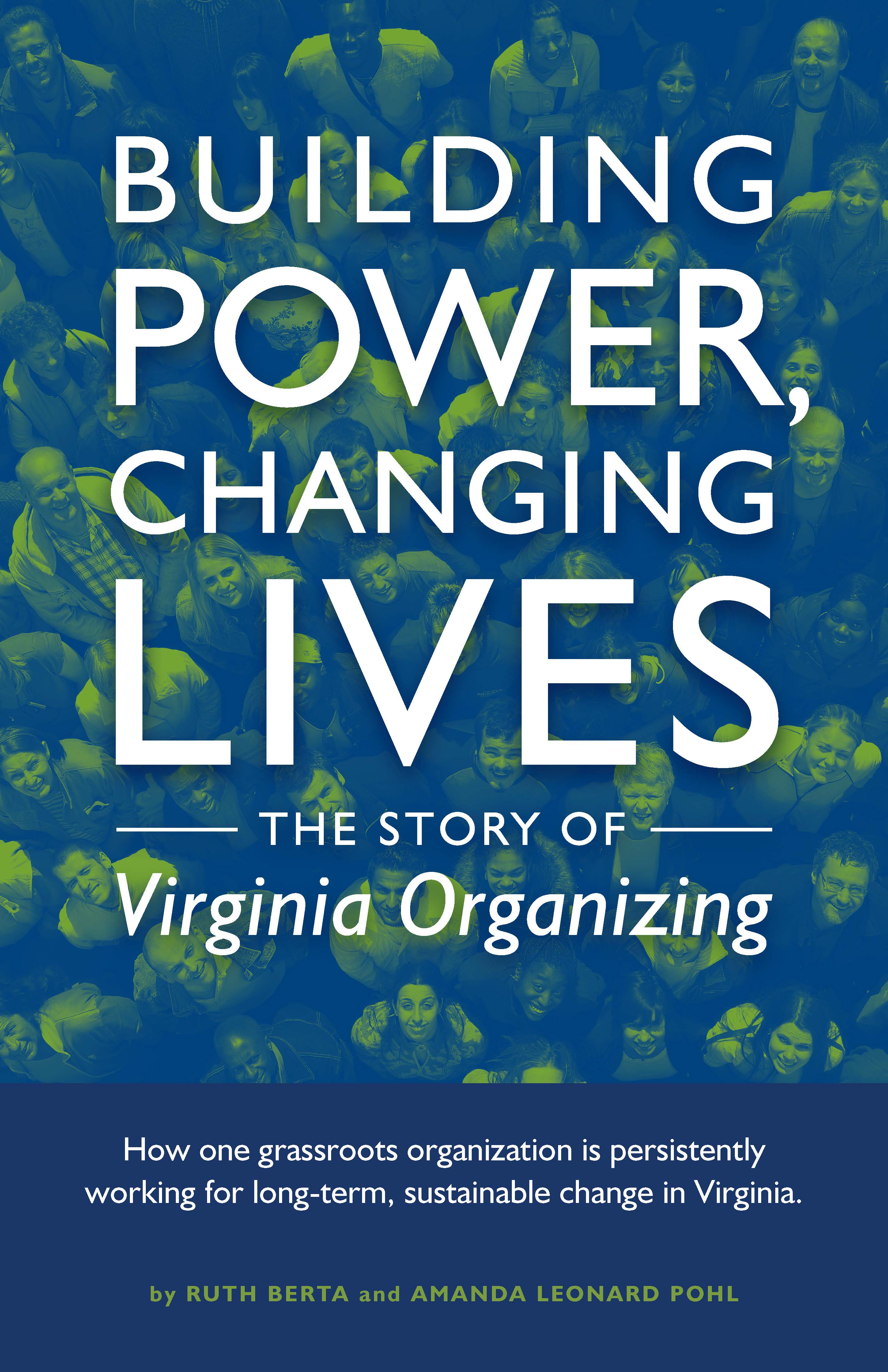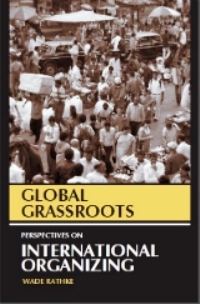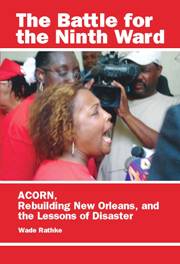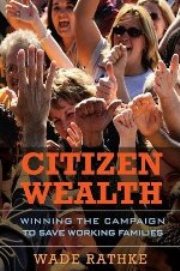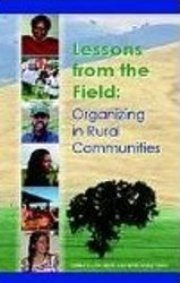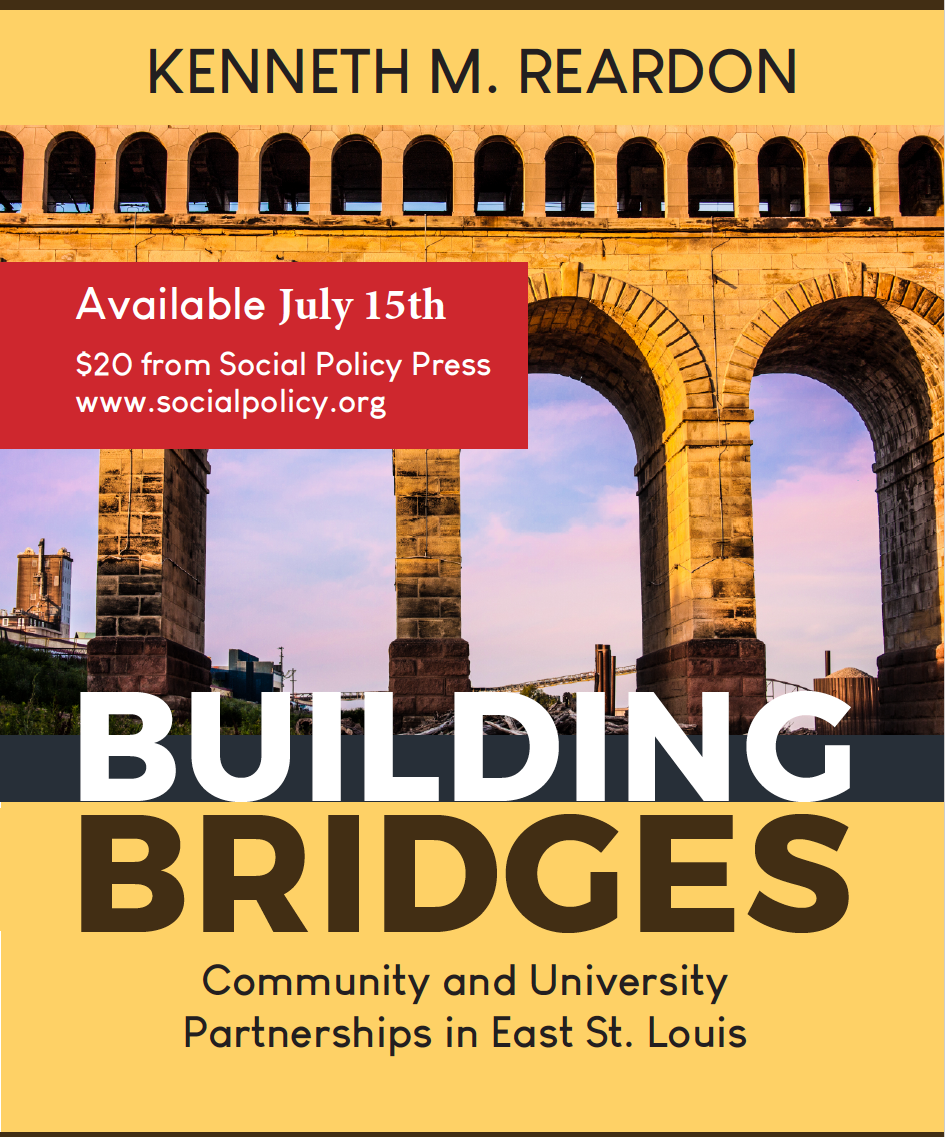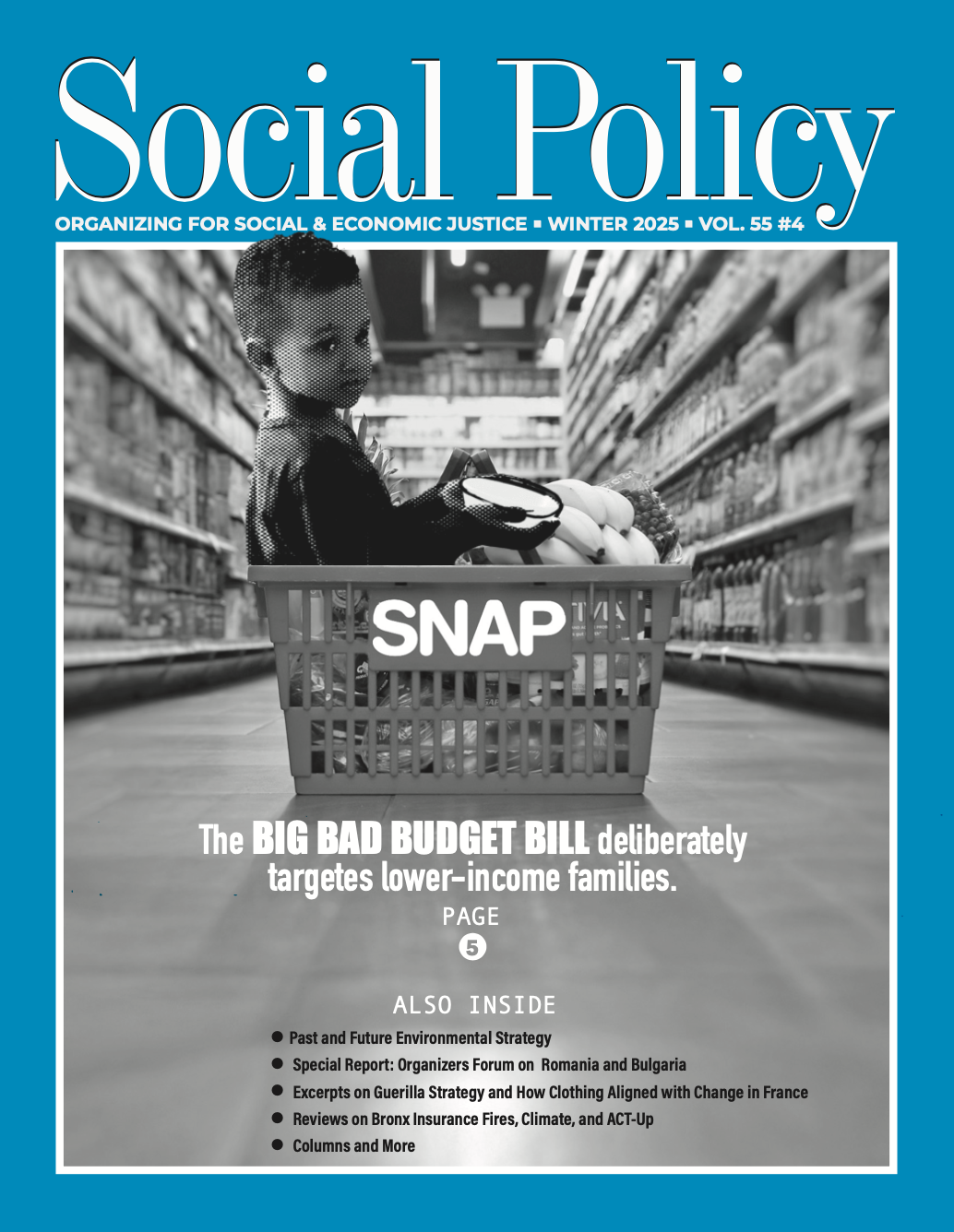Online Only Features
- Details
- Written by Gregory Mitchell
Excerpted from Panics without Borders: How Global Sporting Events Drive Myths about Sex Trafficking by Gregory Mitchell, published by the University of California Press.
Eat—Pray—Labor - Welcome to Qatar and the World Cup
The flight from India to Qatar was crowded and chaotic before boarding even began. Dozens of Indian men in their early twenties wearing nearly identically cut but differently colored wool sweater vests over buttoned shirts crowded around the gate. The men looked confused and disheveled—overwhelmed. Their clothes were threadbare but not dirty. As agents ordered us all to line up by group number, the Indians continued to press in a throng as if planning to storm a castle rather than walk down a jet bridge.
A particularly stern gate agent stood on a chair and began scolding them: “Stop this. You will line up.” As her colleagues joined in imposing a moment of order, something resembling a queue, however limp and serpentine, began to form. Suddenly a woman in a sari who looked comfortably middle class, certainly wealthier than the men, stealthily cut in line. “You! I saw that!” bellowed the agent on the chair. “Back of the line! You will board last. Anyone else going to try me today?” She then got off her chair to physically shepherd the woman to the back, receiving a wave of abuse in Hindi tossed from over the interloper’s shoulder. Around her, the men continued to look confused and weary.
Once we had boarded, the men’s inexperience with air travel caused delays and frustration for the flight attendants. The men fumbled with the overhead bin latches, and the seatbelts seemed to mystify them. When the plane took off, several men seated in the middle section jumped up and ran to the windows to look out at the ground shrinking away, causing panicked directives from the loudspeaker. Once airborne, I watched as one of the men fumbled around the galley until a flight attendant eventually showed him where the lavatory door was and how to open it. He quickly summoned his friend, who stuck his head in the door as well; the two of them pushed the faucet buttons and flushed the empty toilet, startled by the sudden whoosh it made, then laughed. The middle-class Indians on board rolled their eyes, muttering in disgust and condescension about all of this.
What I was witnessing on this flight were dozens of men on a plane for the first time. They were flying from an extremely poor country to one of the world’s wealthiest—and they were certainly not on their way to Qatar for tourism. I highly doubt any of them had bought their own tickets. They were migrant workers coming to join the approximately 500,000 mostly Nepalese, Sri Lankan, and Indian construction workers building the nine stadiums and numerous other buildings for the 2022 World Cup. At the time of this writing, the estimated death toll for these men is twelve hundred, with another seven thousand deaths expected by 2022. Most of the deceased were essentially worked to death in the heat or kept in squalid or unlivable conditions. (These numbers do not account for the fact that in 2020, COVID-19 arrived in Qatar. The resulting lockdown turned the labor camps into death traps.)
Tens of thousands more workers such as those on my flight were necessary to build various hotels, high-rise buildings, and university buildings. Spanning fourteen square kilometers, Education City is home to six satellite campuses for US universities (along with one British and one French) that sold off their brands, along with their academic freedom, when the Qataris offered to foot the bill and dangled oodles of cash besides. As the Washington Post reports, the US universities with campuses in the Gulf stand “accused of benefitting from migrant labor exploitation,” but it notes that “many details about operations of Education City are shrouded in secrecy.” The universities turning a blind eye toward the human rights abuses and embracing this enterprise included Cornell (medicine), Texas A&M (engineering), Virginia Commonwealth (arts and design), Carnegie Mellon (business and sciences), Georgetown (foreign service and government), and Northwestern (communications).
When I visited the Qatar campus of Northwestern, my doctoral alma mater, I asked a dean there about government censorship; he assured me, “I worried about that at first, too, but it’s fine as long as you don’t write too much about Israel.” When I told him my first book was about gay sex tourism, he quirked an eyebrow and wryly added, “or that.” Homosexuality is illegal in Qatar, and Qatar removes LGBT content from local editions of publications such as the New York Times. Meanwhile a student debate about God and gender at Georgetown in Qatar was canceled in 2018, and in 2020 Northwestern University in Qatar canceled an event featuring Mushrou’ Leila, a Lebanese indie rock band whose lead singer is openly gay. A spokesman for the Qatar Foundation, the state-linked nonprofit partnered with the universities, said that while it placed “the highest value on academic freedom,” it was necessary to operate within “Qatari laws as well as the country’s cultural and social customs.”
- Details
- Written by Joseph A. McCartin
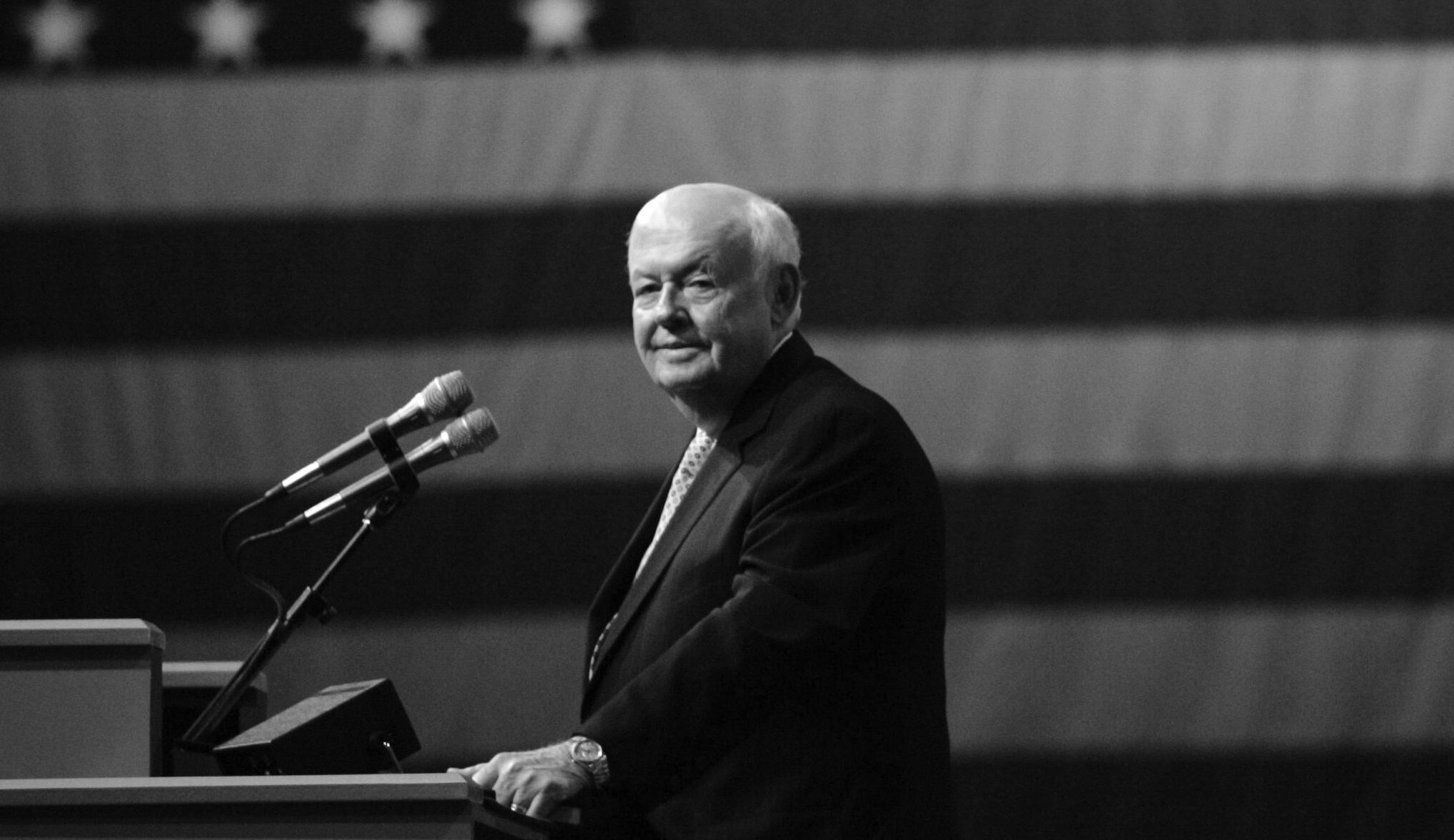
Written by Joseph A. McCartin
On February 1, 2021 one of the most significant labor leaders of the past century died. The passing of John J. Sweeney at the age of 86 was celebrated not only by those who had worked with or for him, but even by many of his former rivals and critics, which was a testimony to both his stature and the honorable way he conducted himself. But above all, Sweeney was a remembered as the man who fought valiantly to revive the troubled labor movement in the crucial years between 1995 and 2009, when he served as AFL-CIO president.
During his tenure, as the labor movement’s top leader Sweeney emerged as something like the antithesis of the AFL-CIO’s first president George Meany. There is irony in that, for both men shared much. They were born 40 years apart to Irish Catholic parents. Both were raised in the Bronx by fathers who were loyal union men—Meany’s a plumber, Sweeney’s a bus driver. Both became union staffers as young men and rose to prominent positions in the New York City labor movement before heading to Washington, DC, in their mid-40s, Meany to become secretary-treasurer of the American Federation of Labor under William Green, and Sweeney to succeed George Hardy as the president of the Service Employees International Union (SEIU). After serving in their respective national positions for fifteen years, each won election to the presidency of the AFL-CIO, Meany serving as the first president of the united federation, and Sweeney serving as the first president to win a contested election for the federation’s presidency.
Read more: John Sweeney’s Legacy and the Future of American Labor
- Details
- Written by Moshe ben Asher, Ph.D. & Khulda bat Sarah
“. . . Stop children, what's that sound? Everybody look what's goin down." — Stephen Stills
Is it possible to know our past and not know our future?
Having watched a virtual parade of predations on the American democracy—attacks on the institution of the presidency, the desertion of a once-principled Republican party, the growth of corporate criminality, the ballooning of economic inequality and the monied corruption of government, and a deepening erosion of the electoral franchise—can we be shocked by the hollowness of what is left?
Do we, committed to an enlightened future, act in good conscience if we behave as if what we’ve been doing all along will somehow counter these deadly blows to the republic, or that somehow our organizations will avoid the fallout?
“That sound” we hear is a death rattle. What we are witnessing is nothing less than the death of the American dream at its moral-spiritual core. The soul of America is dying.
- Details
- Written by Mariana Ortega Ramírez
Editor’s Note: We reached out to one of our companeras in Mexico, Ercilia Sahores, on the eve of the Women’s March and Strike that had been called in Mexico City and throughout the country to protest the femicides – killing of women. She was out of the country but recruited a sister who provided this vivid and beautiful report and photos that captures the power of the march and the women who where there.

- Details
- Written by Drew Astolfi
Jane McAlevey’s latest book No Shortcuts is what everyone who is serious about social change has to read this year. At a time when the leadership of several of the strongest national labor unions are at their weakest point in 100 years, some even admitting that they are bracing for cuts in membership of 30 to 50% this book offers the clearest prescription for rebuilding. Written right before the Trump victory McAlevey aims her book at the heart of the most important debate in progressive politics right now – how will the American working class rebuild a mass political base, most especially its labor unions? For McAlevey it’s people – in all their splendor, confusion and disarray that are at the heart of successful organizing, and its only organized people that will get us out of this crisis.
We weren’t supposed to need this book.
Read more: BOOK REVIEW: No Shortcuts out of the mess we are in…

